Publications
Articles, publications, books, tools and multimedia features from the U.S. Institute of Peace provide the latest news, analysis, research findings, practitioner guides and reports, all related to the conflict zones and issues that are at the center of the Institute’s work to prevent and reduce violent conflict.
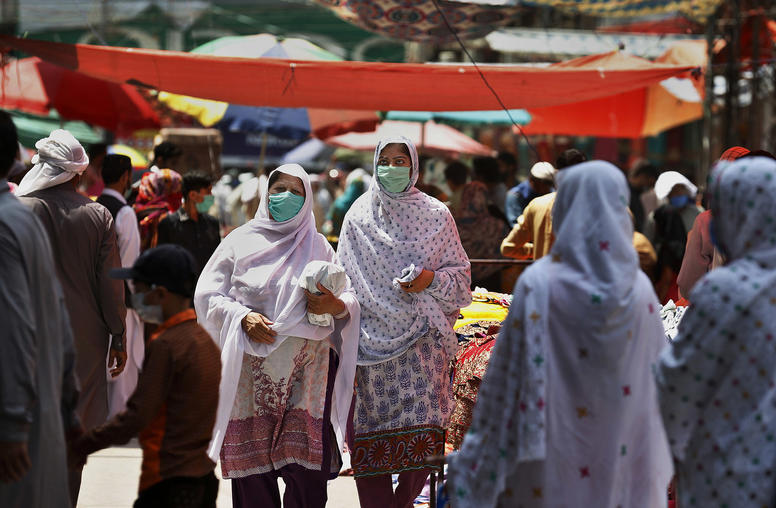
Gender-Based Violence and COVID-19 in Fragile Settings: A Syndemic Model
The long-standing pandemic of gender-based violence has been worsened by COVID-19 and related containment measures, particularly in fragile settings marked by conflict, poverty, and weak infrastructure. At the same time, the implementation of gender-insensitive COVID-19 control policies can exacerbate the community transmission of COVID-19. These interactions form a syndemic—two or more pandemics whose interactions compound the severity of each. This report identifies the key avenues through which these two pandemics have synergistic effects and offers recommendations for mitigating their impact.
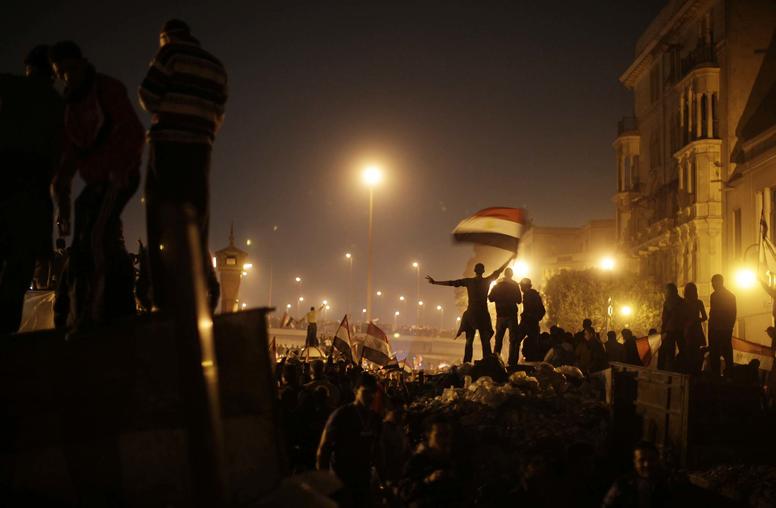
The Living Legacy of the Arab Uprisings
A decade after the popular uprisings that dramatically swept the Arab world in 2011, the debate continues about their impact, meaning and ultimate value in understanding contemporary Arab politics and culture. When Egypt reverted to strongman rule with Abdel-Fattah el-Sisi's coup in 2013, and as the civil wars in Syria, Libya and Yemen dragged on with no sign of resolution in recent years, many concluded that the “Arab Spring” was an ephemeral and failed experiment in political change. The dramatic democratic backsliding in Tunisia, where President Kais Saied suspended parliament and dismissed the prime minister in what many critics and observers have described as a coup, could only add to that conclusion, as Tunisia was often considered the Arab Spring's only "success story."
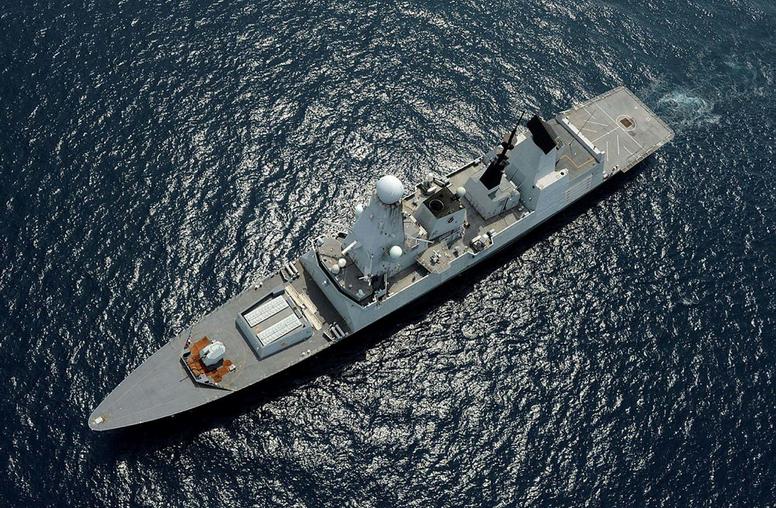
As China Poses Challenges, Europe Makes its Presence Known in the Indo-Pacific
A German frigate that left the country yesterday for the Indo-Pacific region will be Berlin’s first warship to cross the South China Sea in almost 20 years. This follows the United Kingdom’s late July announcement that two of its warships would have a permanent presence in the Indo-Pacific. Currently, the U.K. has a highly publicized carrier strike group in the region, featuring the largest U.K. warship ever deployed. And earlier this year, France deployed an amphibious ready group through the region — accompanied by the February revelation that a French nuclear attack submarine had completed passage through the South China Sea. Although the U.S. naval presence in the region is well known, Europe’s has received much less attention — that is, until recently.

Brian Harding on Defense Secretary Austin’s Trip to Vietnam
While cooperation on war legacy issues topped the agenda during U.S. Defense Secretary Austin’s recent trip to Vietnam, USIP’s Brian Harding says the deepening U.S-Vietnam relationship is, in part, meant “to balance what they’re concerned about on [Vietnam’s] northern border” with China.
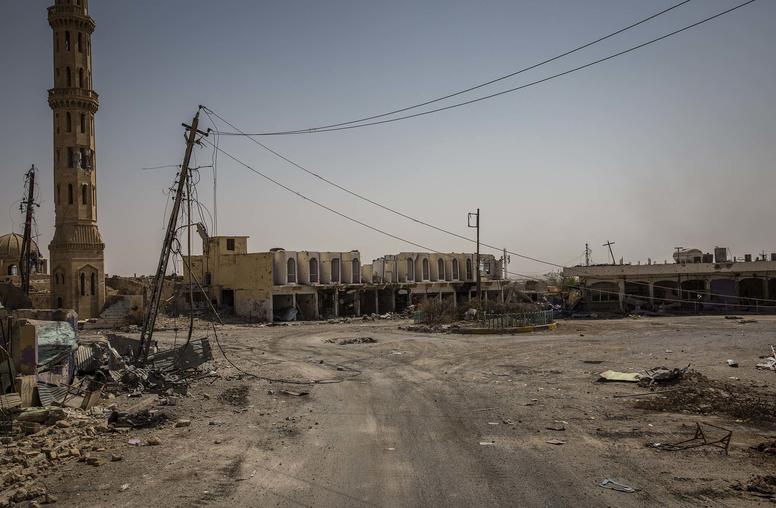
Four Years After ISIS, Iraq’s Tal Afar Remains Riven by Communal Divisions
Iraq is a country beset by a host of political, security, economic and social challenges, including addressing the human legacy of the Islamic State’s (ISIS) rampage through the country just a few years ago. Almost four years after the liberation of Nineveh’s Tal Afar district from ISIS control, feelings of marginalization, neglect and exclusion persist among communities in the region, epitomizing how such feelings have driven ethnic and sectarian tensions and conflict in post-2003 Iraq. Recognition of these sentiments and an understanding of the factors underpinning them, can help communities in the district allay these drivers of tension and move forward together.
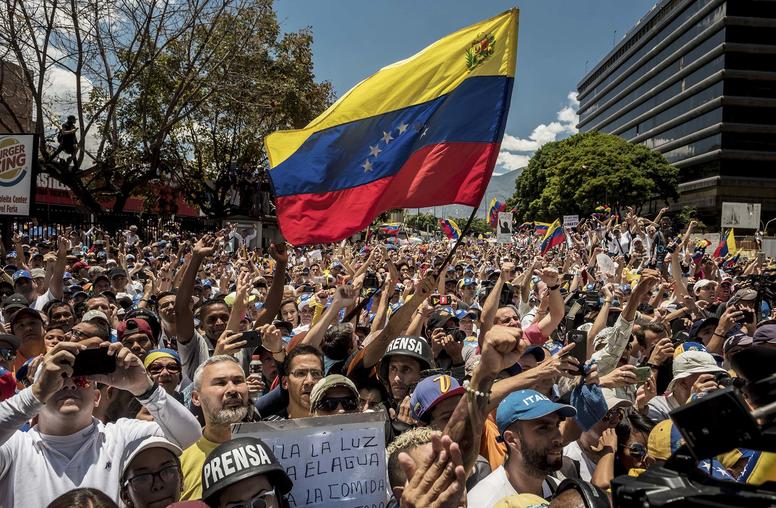
Is there a Negotiated Path to Democratic Coexistence in Venezuela?
The scale of the Venezuela crisis is unique in recent history, with wartime indicators of hunger, refugees, and human rights abuses but conventional violent conflict largely absent. At the heart of the crisis is a 20-year struggle between the Chavista regime and the democratic opposition, characterized for most of these two decades by each side attempting to eliminate the other from the political map. Negotiations are seen by most outside observers as the only way the conflict will definitively end and there have been consistent efforts to bring the two sides to the table, most recently in Barbados and Oslo in 2019.
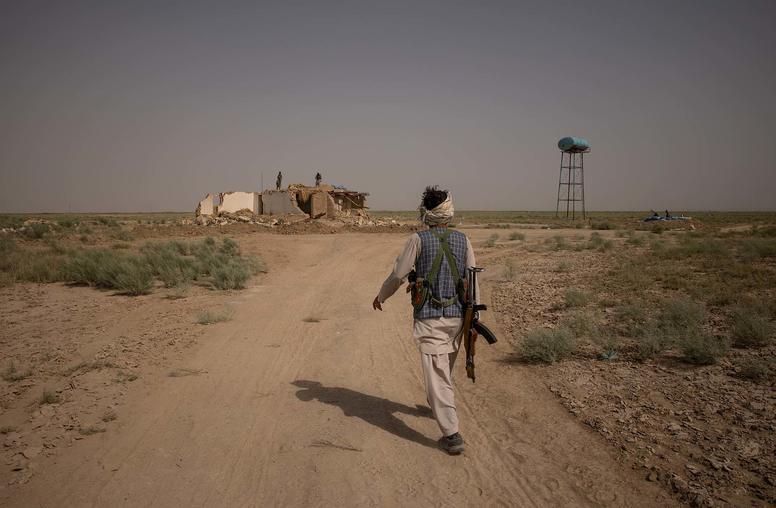
India, Pakistan Watch Warily as Taliban Move to Takeover
The Taliban’s rapid advances have caught the region and the United States off guard. The deterioration in security has forced India, along with many other countries, to retrench its diplomatic presence in the country, closing consulates outside of the capital of Kabul. There have been conflicting reports over the past month over whether or not Indian officials have engaged in talks with Taliban representatives in Qatar. Afghanistan’s neighbors all prefer a negotiated political settlement to the conflict but are preparing for the worst and could look to armed Afghan factions to protect their interests. Meanwhile, Kabul and Islamabad are blaming each other for the spiraling security situation.

Lebanon: Assessing Political Paralysis, Economic Crisis and Challenges for U.S. Policy
Mona Yacoubian, senior advisor to the vice president of Middle East & North Africa, testified on July 29, 2021 at the House Foreign Affairs Subcommittee on the Middle East, North Africa, and Global Counterterrorism's hearing on "Lebanon: Assessing Political Paralysis, Economic Crisis and Challenges for U.S. Policy." Her expert testimony as prepared is presented below.

Bill Taylor on Strategic Stability and Nuclear Security
Nuclear diplomacy has long been a bilateral affair between the United States and Russia. But with China, North Korea and possibly Iran emerging as nuclear threats, USIP’s Bill Taylor says, “The number of actors is a threat to stability” requiring a new framework for addressing issues of nuclear security.
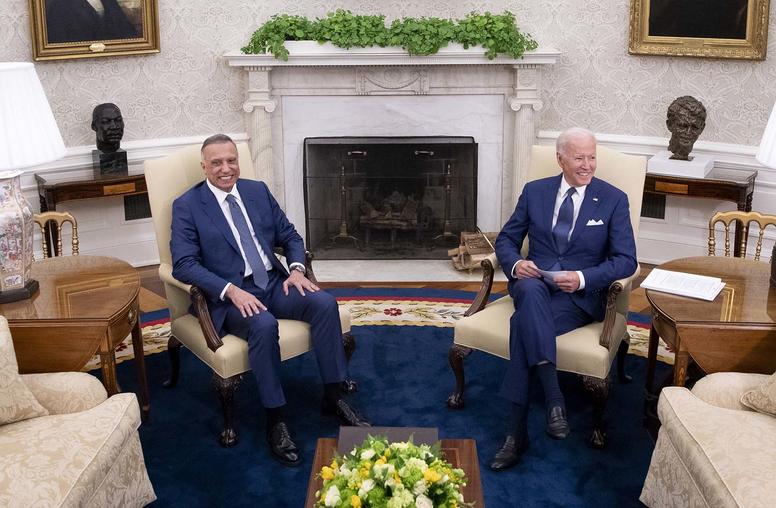
Beyond Security: The Quest for a Sustained, Strategic U.S.-Iraq Partnership
On Monday, President Joe Biden received Iraqi Prime Minister Mustafa al-Kadhimi at the Oval Office to strengthen bilateral relations and discuss matters of mutual interest, key among them being the future of U.S. troops in Iraq. Despite widespread thinking that Iraq and the Middle East do not rank high in the mix of the Biden administration’s priorities, there have been clear signals that Iraq remains important enough to the United States and that Kadhimi and his government are partners that the United States can work with and should support. While most of the media attention focused on the announcement of the change in U.S. force posture in Iraq, the key takeaway from this week’s meeting is that the United States and Iraq seek to maintain their strategic partnership — and build on it.